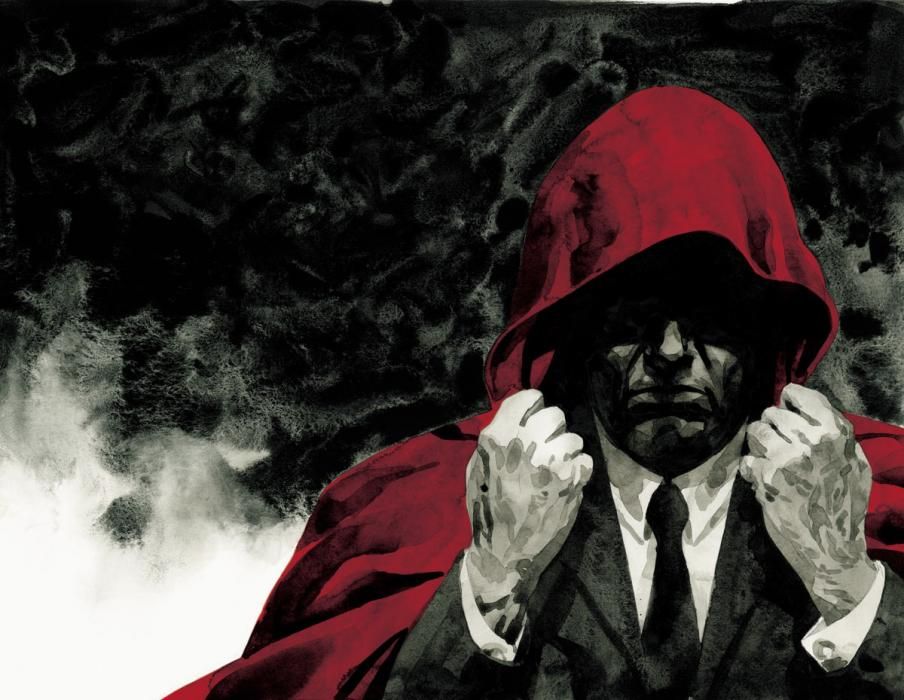After another "Criminal" series and some other Marvel work, Ed Brubaker and Sean Phillips returned this week with a follow-up to their acclaimed "Incognito," continuing the story of former supervillain Zack Overkill as he finds himself working for the good guys. It's been too long since a Brubaker/Phillips comic has shipped and it's a welcome sight, but an underwhelming one at the same time. Instead of kicking this second series off in a way that's explosive and compelling, this debut issue struggles to hit its stride, bogged down in exposition and empty retreads from the first series.
Beginning with Overkill in prison, the issue plays catch-up to explain how he went from good guy to seeming criminal that's been cut loose by the S.O.S. In the process, we learn that he loves the part of his life that involves busting bad guys and using his powers, but hates the downtime where he has a secret identity. This set-up is reminiscent of the first "Incognito" series where Overkill struggled with a powerless life in the witness protection program, but, unlike that story, the idea is only approached here, never developed. It's window-dressing, a way to put the character in a familiar position without developing the idea of the downsides of a secret identity beyond some cheap shots at bad neighbors and a crummy apartment.
The difference in portrayals creates a different effect. Where Overkill's predicament in the first series drew us in and shed light on how horrible it would be to go from completely free and powerful to trapped and powerless, his whining here is just that: whining. He's annoying, not compelling or interesting.
There are some interesting things in this issue. The ending shows promise as Brubaker and Phillips look to revisit some of the ideas from "Sleeper" from a different perspective, as does Overkill's connection with Lazarus, the pulp hero that could die and come back to life thanks to a never-ending supply of bodies. A loose thread from Lazarus's past comes back to haunt Overkill, but is treated as a means to an end instead of a genuine plot we should care about. Everything seems geared to set up the final pages in a cold, workmanlike manner.
Phillips's art is as gorgeous as ever with Val Staples's stunning colors. One aspect that's been missing from some of Phillips's recent work has been the experimentation in his page layouts and that makes a return at the end of the comic. The basic, linear layouts create a nice rhythm, but become static after a while with only a few spots that stand out. The third page is compelling in its restraint; most other comics would have used three pages to show off Overkill in action, but the three panels give us everything we need, especially with the sadistic grin on Overkill's face in the first panel.
"Bad Influences" #1 is a skillfully constructed comic, but it's lacking a pulse. I wouldn't go so far as it say it's like Brubaker and Phillips are going through the motions, but, by the end, it's clear that the real heart of the story lies ahead and this is simply the necessary exposition that's required. The new status quo is really the old status quo without the charm. The end of the issue holds promise and Brubaker and Phillips have earned some leeway, so this series is worth continuing with, just not based on the strength of this issue necessarily.

